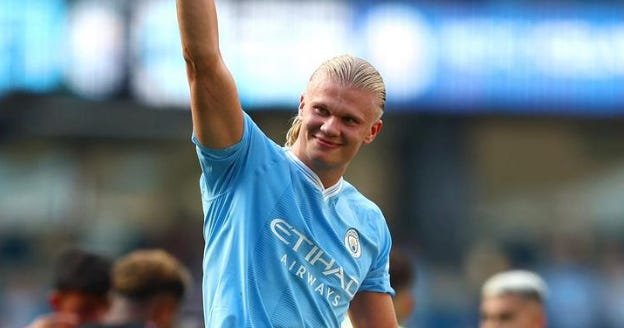This is easy. xGA is simply a way of flipping the expected goals metric from quantifying attacking quality to defensive.
If a team’s xGA is low, it generally means they are performing well defensively by limiting the chances of the opposition. If it is high, then they are allowing plenty of opportunities for their opponents to score.
Many observers and pundits would still say the team that concedes the fewest goals across any given amount of time — let’s say a 38-game league season — has “the best defence”. But while that has an element of truth to it, there are other factors that you have to consider when a team concedes the fewest goals. Was that all down to the quality of their defensive play, or did they simply get lucky due to bad misses from the opposing attackers, or did they have a goalkeeper who was on top form?
Of course, “the best defence” in terms of goals conceded could also match up to the best defence when it comes to xGA. Indeed, the two would in theory go hand-in-hand across a campaign, just as you would expect the team that creates the highest xG to score the most goals. But it is not always the case.
Let’s use last season as an example.
Premier League champions Manchester City recorded an xGA of just 34.21 and only conceded 33 goals. That shows that the defence was performing extremely well, and also poor finishing or quality goalkeeping will have played its part, but only to the tune of one goal fewer than City were anticipated to concede based on the statistics.
Wait, though. Newcastle United also only conceded 33 times in their 38 Premier League matches. However, in Newcastle’s case, their 41.86 xGA was noticeably higher than City’s. While the Magpies still had the second-best xGA figure in the league, they actually overperformed by 8.86.
Like an overperforming attack, an overperforming defence is not always a positive when it comes to sustainability. Newcastle benefitted from some poor finishing and excellent goalkeeping from Nick Pope last season, but so far this time around — and it is a small sample size — they have not been so lucky, with Eddie Howe’s team conceding 2.11 more goals than would have been expected based on the quality of chances and shots their opponents have created.

